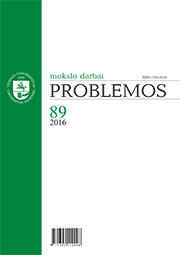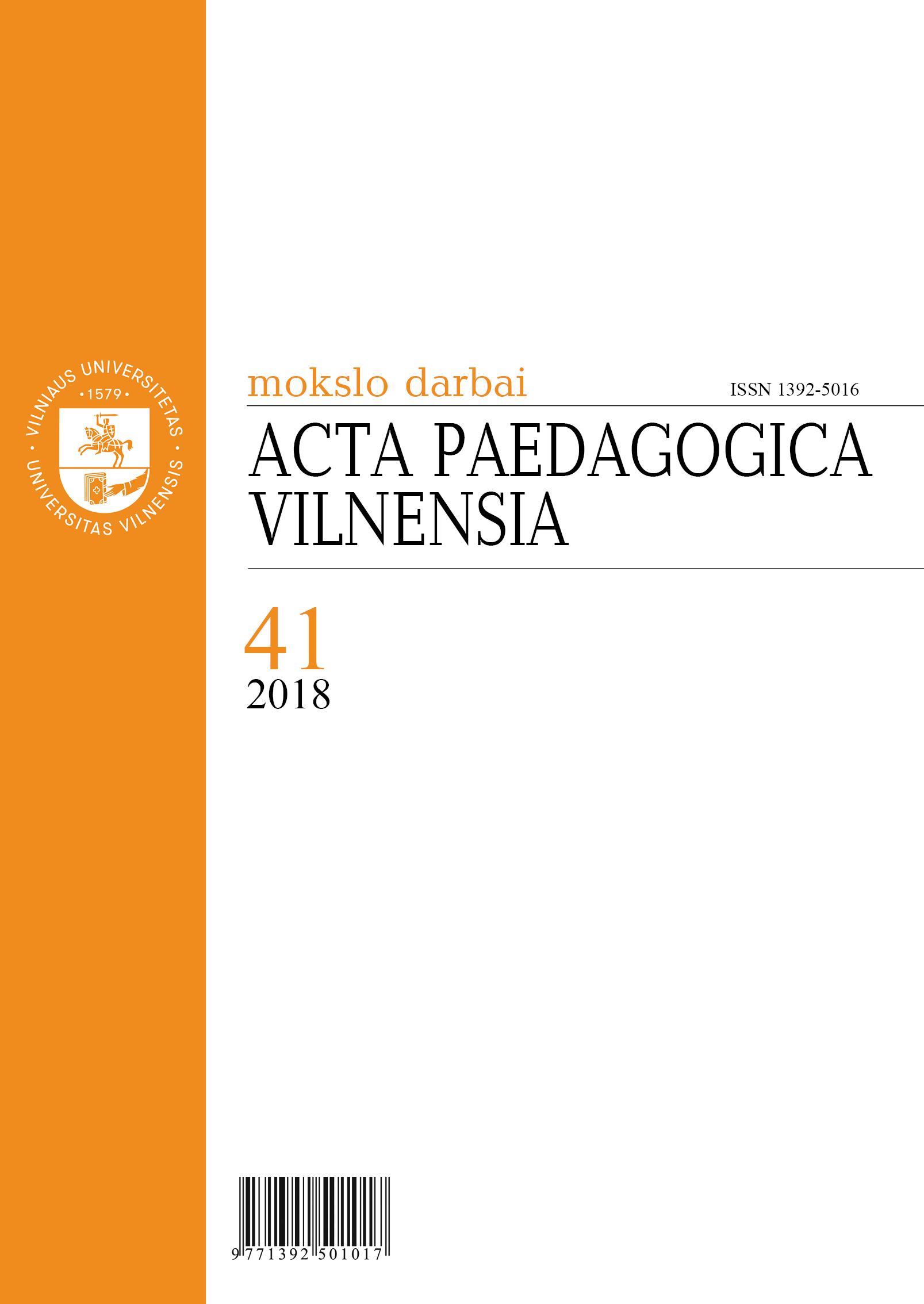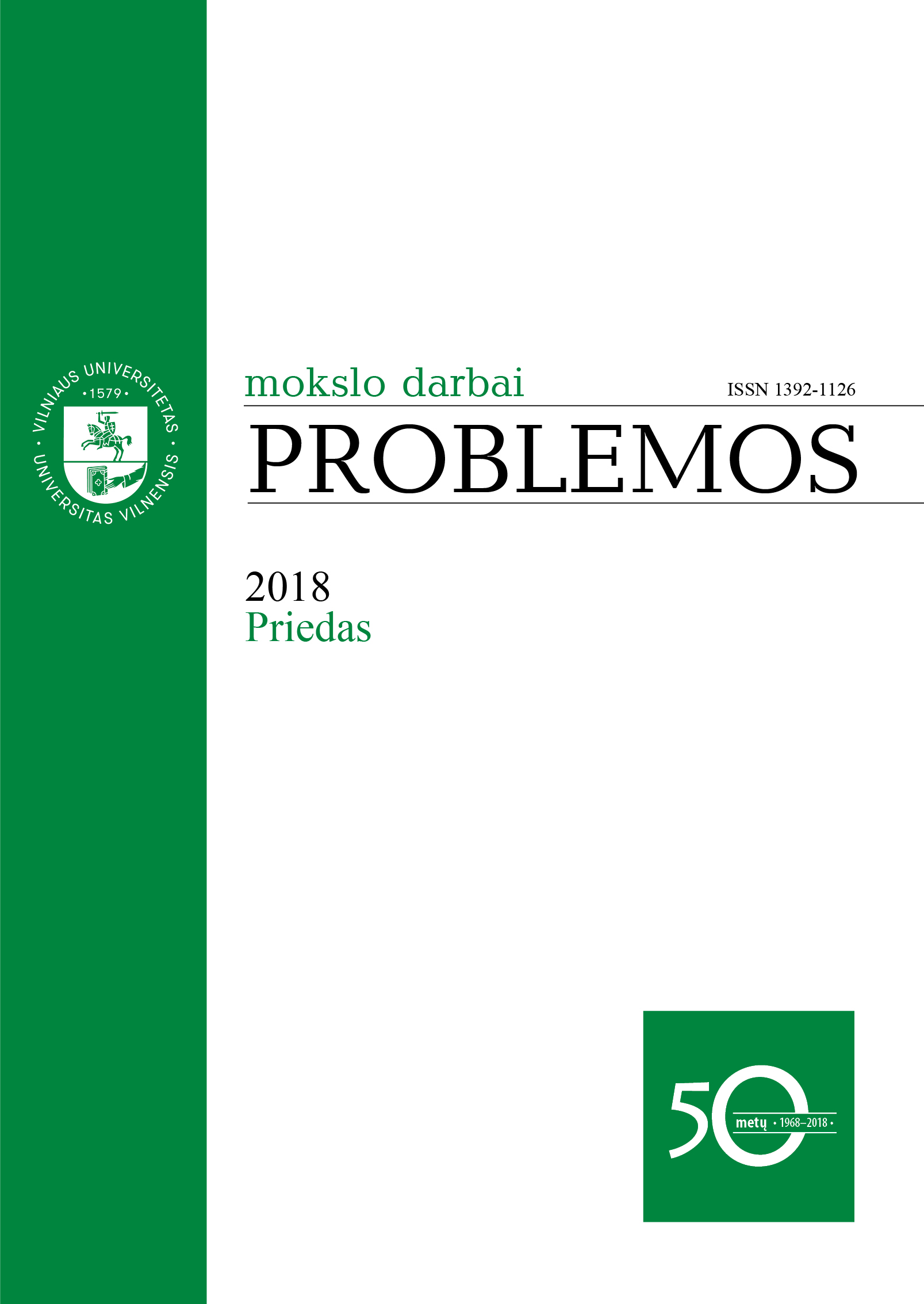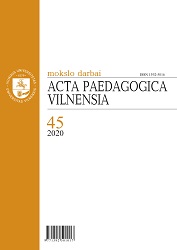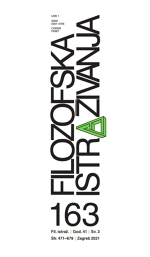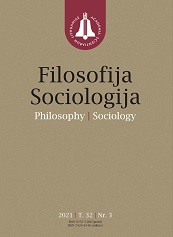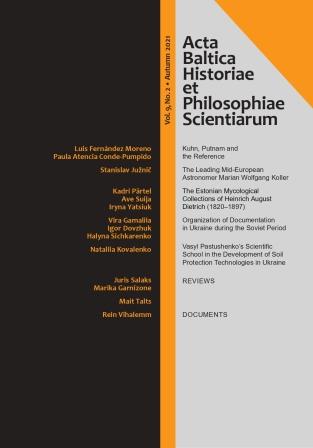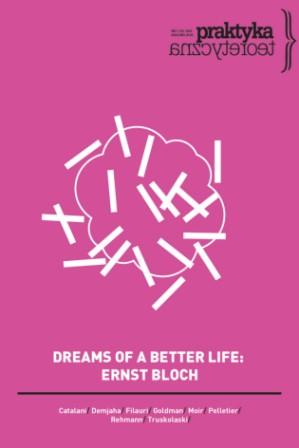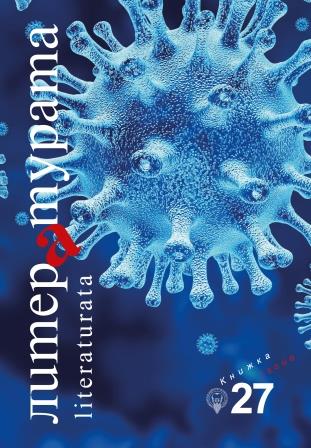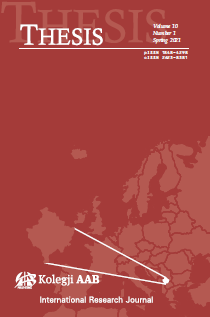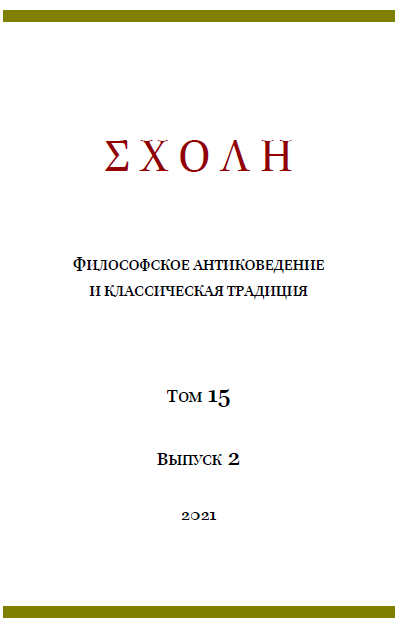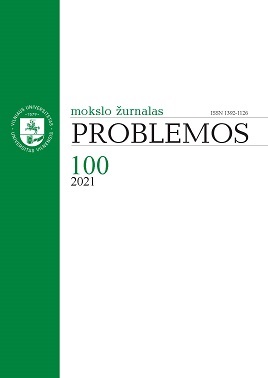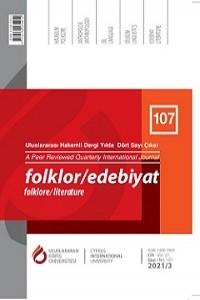FAIDRAS: LOGOGRAFIJOS SPINDESYS IR SKURDAS
Two relatively separate parts could be distinguished in Plato’s dialogue “Phaidros” – the first one, encompassing three speeches on love and the second one, discussing the art (τεχνη) of eloquence. The paper deals with the second part of the dialogue in which Plato tries to cope with the problems of talking and writing. The problems are prompted not only by the very structure of the dialogue that provokes the necessity to reflect the advantages and shortcomings of the written speeches. Philosophizing in general develops as an activity that implements itself in writing. Therefore, the problem of the relation between philosophizing and writing is bound to arise sooner or later. It is demonstrated here that it is the sophists who achieved most in relating philosophizing and writing. While creating their rhetoric, they isolate the art of eloquence. Plato exploits the fruits of sophists and binds the art of eloquence to the values that constitute philosophizing. The privatization of the art of eloquence for the needs of philosophy results in dialectical specification of theoretical thinking. Dialectical thinking realises itself in writing, which discloses the autonomy of theoretical thinking. The autonomy, in its turn, reveals the constructive possibilities of dialectical thinking and the impossibility to convey the ethical content of philosophizing into writing. Thus, writing forces Plato to deal with a certain ambiguity: he condemns writing for its deafness to live philosophizing, yet he can not avoid using it as a tool of philosophizing. That is why Plato refers to writing as having the effect of a drug.
More...
